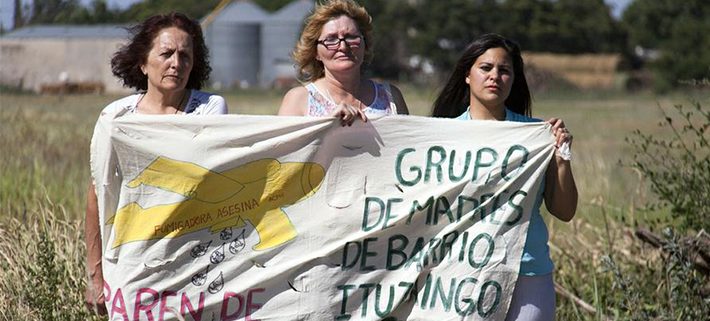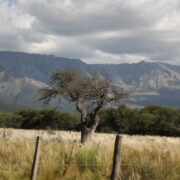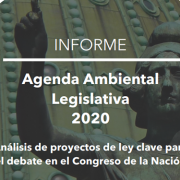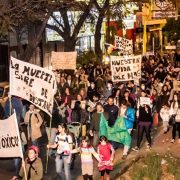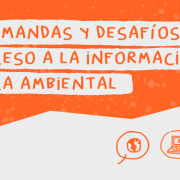Dismissal in the “Mother Cause” Ituzaingó Annex
As a result of a presentation made by the defense of one of the accused in the so-called “mother cause” of Barrio Ituzaingó, the Criminal Chamber No. 12, decided to allow the dismissal. She considered that the accused in question had already been convicted of the same crime in the first trial in which the fumigations in the neighborhood were tried. Now it will correspond to the Superior Court of Justice to resolve such situation.
“Below, we offer a google translate version of the original article in Spanish. This translation may not be accurate but serves as a general presentation of the article. For more accurate information, please switch to the Spanish version of the website. In addition, feel free to directly contact in English the person mentioned at the bottom of this article with regards to this topic”.
On June 23, 2020, the Criminal and Correctional Chamber No. 12, decided to dismiss producer Francisco Rafael Parra in the “Mother Cause” of the Ituzaingó neighborhood. He was accused of the crime of malicious environmental contamination.
The Court understood that Parra had already been tried and convicted for the same crime. To reach such a conclusion, the judge confronted both facts, the one for which he was previously convicted, and the fact on which the current accusation fell (in the mother case). The Chamber determined that they were the same “criminal event”, so judging it again would imply violating the so-called “non bis in idem” guarantee that prohibits double persecution for the same fact already tried.
Faced with such a decision, the parties to the case filed “cassation” appeals. From there, it will correspond to the Superior Court of Justice through its criminal chamber, to decide whether the decision of the Criminal Chamber must be confirmed or reversed.
The dismissal of the producer, already previously convicted of the same crime, implies the impossibility that in the mega-case he can be convicted again. This situation is important, since an eventual second sentence would entail effective enforcement in prison.
On the other hand, the foundations on which the Crime Chamber was based to resolve the dismissal, are highly debated in the legal field. In this sense, the arguments put forward by the Public Prosecutor of the Chamber are important, who in order to seek the trial of the accused, argued that the fact judged previously, was not the same now tried, and that it was far from being applicable the category of crime continued in the case since the circumstances of time, place, and mode of commission were radically different.
It is worth remembering that the so-called “Mother Cause” (also called the Barrio Ituzaingó megacause) is well known for treating the accumulation of numerous complaints of fumigation in the Barrio. This has been more than sixteen years, in which the prosecution and complaint presented as witnesses to numerous affected neighbors, experts in the subject, teachers from different universities, among other specialists, tending to determine the effects of the fumigations in cancer rates and malformations in the neighborhood.
This year, the Chamber had set the date for the oral and public trial for March, but due to the Covid-19 pandemic, it had to be suspended. Even so, the Chamber processed the exception presented by Parra’s defense.
The first cause set an important precedent and was symbolic in the fight in residential areas, as it was the first sentence in our country and in Latin America to convict an agricultural producer and an air fumigator for the crime of malicious contamination. In this sense, the judgment of the “megacause” by the particular nuances it presents, is transcendental in this struggle initiated by the mothers of Barrio Ituzaingó.
Authors
- Ananda Lavayen
- María Laura Carrizo
Contact
Juan Bautista Lopez, juanbautistalopez@fundeps.org

